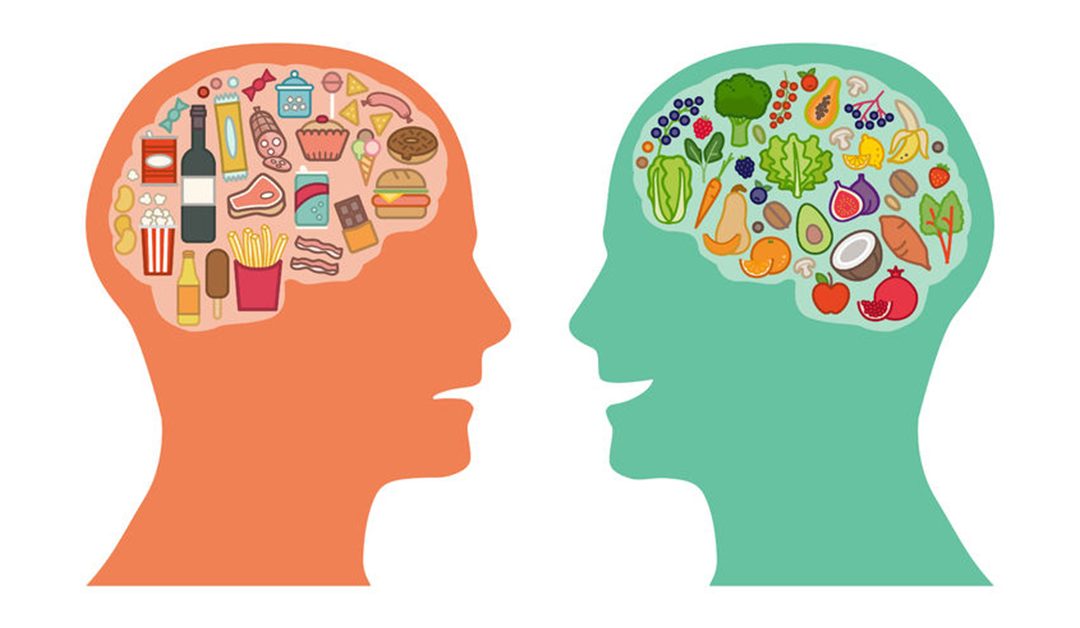 When you are looking for solutions to debilitating problems like vertigo and vestibular disorders, it is easy to skip the obvious—WHAT YOU EAT MATTERS.
When you are looking for solutions to debilitating problems like vertigo and vestibular disorders, it is easy to skip the obvious—WHAT YOU EAT MATTERS.
While there may be other issues going on which you should handle with your doctor or physical therapist, here are a few nutritional tips to include in your diet that will help your vestibular system heal.
Reduce your standard salt intake.
Since many Vestibular Disorders can be linked to imbalances in the inner ear fluids, you should be watching your salt intake and stabilizing your fluids. Consuming too much salt can affect your body’s fluids. In a person without vestibular injury or disease, your ears would not be affected by normal fluid fluctuations throughout your body. However, if you are suffering from Meniere’s disease, tinnitus, hearing loss, dizziness and imbalance, sometimes your ears lose that independence from the rest of your body’s fluid system leaving them prone to react just like your blood pressure would with too much sodium chloride. If you still want good flavors, you have a couple of choices. Use fresh or dried herbs instead, switch to pure Himalayan Sea Salt or a U.S. version called Real Salt, mined from former salt beds in Utah. Both salts have more than 84 minerals and trace elements. You can use less of them too.
Reduce your use of sugars and artificial sweeteners.
Too much sugar can also cause your body fluids to fluctuate. Stick to natural sugars found in fruit. Artificial sweeteners have been implicated in many metabolic syndrome imbalances.
Reduce your consumptions of processed foods.
They contain hidden salts and sugars! In fact, there are 61 different names for the sugars in those foods including dextrose, fructose, sucrose, corn syrup, barley malt, and rice syrup. As for salts, there are 21 different hidden salt ingredients in processed foods including Disodium Guanylate, Fleur del sel, and MSG.
Limit your alcohol intake.
Alcohol should also be limited since it can change the volume and composition of your body’s fluids.
Cut the caffeine.
Caffeine is a diuretic meaning it can cause excess urination, which is the loss of your fluids.
In summary, you can help keep your fluid levels in balance throughout the day by your choosing healthy, low salt, low sugar foods and monitoring your meal frequency. In general, eating smaller meals throughout the day will help keep fluid levels stable.
For more information on how you can help yourself nutritionally when faced with Vestibular Disorders, visit the Vestibular Disorder Association website.
If you need health coaching focusing on your diet and nutrition, contact Andrea Trank at Fyzical Therapy and Balance Centers. You can email her at ATrank@FyzicalSWFL.com or call the Metro location (239-561-1177) to set up an appointment.